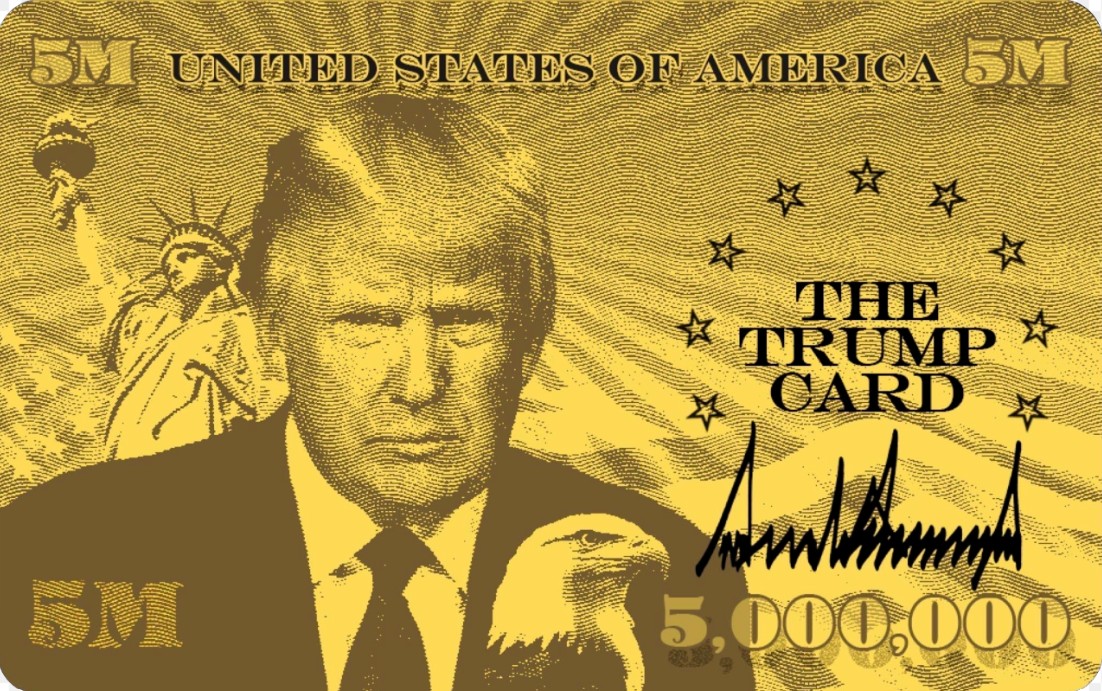President Trump has repeatedly bragged to American people and the world how under his great leadership gas prices were down, grocery prices were down, there was no inflation, America was respected again by every nation, and America was now “the hottest country in the world.” Let’s do the numbers:
Gas prices down?
President Trump said, “Gasoline is around $2.40 right now” a few weeks ago. There was, however, no gas station at the time selling $2.40 a gallon gas, as a reporter pointed out. As of this writing, the national average is about $3.159 per gallon for regular unleaded. The highest averages are in Arizona ($3.547), California ($4.646), Nevada ($3.906), Oregon ($4.171) and Washington ($4.532), while the lowest are in Texas ($2.752), Louisiana ($2.745), Mississippi ($2.701), Alabama ($2.790), and Tennessee ($2.784). One wonders who briefed the president on gas.
Grocery prices down?
Grocery shoppers know that prices are still going up, not coming down. The Consumer Price Index Summary for August 2025, makes it clear. Compared with July 2024, the index for food at home rose 2.7%; meats, poultry, fish, and eggs, rose 5.6%; nonalcoholic beverages rose 4.6%; and fruits and vegetables rose 1.9%. According to CBS News, a pound of ground beef at $5.55 in January, for instance, was $6.32 in August, and a pound of ground coffee at $7.02 in January was $8.87 in August. Vice President JD Vance even admitted that groceries were still too expensive, but he blamed President Biden for a “disastrous economy” that Trump had inherited.
No inflation?
Inflation is measured with or without food and energy, as shown in the latest CPI release: The all-items index rose 2.9% for the 12 months ending August, after rising 2.7% over the 12 months ending July; the all-items-less-food-and-energy index rose 3.1% over the last 12 months. Michael Strain, director of economic policy studies at the American Enterprise Institute, told CBS News that inflation had not been defeated, was still above the Fed’s 2% target, and that it was actually re-accelerating.
With tariffs President Trump imposed earlier on goods from every country, American businesses and consumers are now faced with an effective tariff rate of 10% — all tariff revenue divided by the value of goods subject to tariffs — and rising, according to Mark Zandi, chief economist at Moody’s Analytics. The newly announced tariffs from 25-100% on pharmaceuticals, heavy trucks, kitchen cabinets, bathroom vanities, and upholstered furniture, Michael Strain said, would only exacerbate the challenges for American households.
America is respected again?
When world leaders visit the White House, we can see that they show President Trump a great deal of respect, as they respect the American presidency. They also now practice a new kind of diplomacy: flattering our president. Excessive and superficial in nature, flattery is now a tool these foreign heads of state use to appeal to the president’s ego, to stay on his good side, to win favors for their country, or to avoid big tariffs on their country’s goods.
Ordinary people around the world, however, tell the Pew Research Center how much respect, or favorability, they hold for America. A survey of 24 countries published in June showed: about half of respondents viewed the U.S. favorably, more from Israel, Brazil, Hungary, Japan, Kenya, Nigeria, Poland, and South Korea. The other half viewed the U.S. negatively, more from Sweden, Canada, Mexico, Australia, France, Germany, the Netherlands, Spain, and Turkey. The ratings of the U.S. dropped significantly in 15 of the countries from a year ago, Pew indicated. More than half in 19 of these countries also said they lacked confidence in Trump’s leadership in world affairs.
Hottest country in the world?
If Trump’s punishing tariffs have made it harder for foreign exporters to sell to the U.S., his harsh immigration and travel restrictions have made it harder for international visitors and students to come to the U.S.
According to The World Travel & Tourism Council, the United States will be the only major destination among 184 countries to see a drop in foreign visitor spending this year — a $12.5 billion loss. The council president/CEO Julia Simpson put it this way: “While other nations are rolling out the welcome mat, the U.S. government is putting up the ‘closed’ sign.”
As for international students, enrollment has been seriously impacted by visa-interview suspension, limited appointment availability, reduced visa issuance, and visa bans. NAFSA, the Washington, DC based association of international educators, told NPR that more than a million international students studied in the U.S. last year, contributing about $43 billion to the U.S. economy. This fall, the association predicted, would see a drop of about 150,000 new international students, leading to a decline of about 15% overall enrollment. That would lead to a loss of as much as $7 billion in spending and more than 60,000 fewer jobs in local economies.
We do, however, have things that are the hottest in the world: the hottest tariff war with all major economies; the hottest partisan impasse and government shutdown; the hottest raids and arrests of undocumented or suspected undocumented immigrants; the hottest military training ground cities for war from within; and to top them all, the hottest conflict-of-interest-presidency-plus-family-business racket, and more.
Discover more from Post Alley
Subscribe to get the latest posts sent to your email.

Sadly accurate view of our world. Hottest country in the world? Yes, wildfires fueled by climate-change denial and hate-driven gun violence killing children in schools and genuinely religious people in churches.